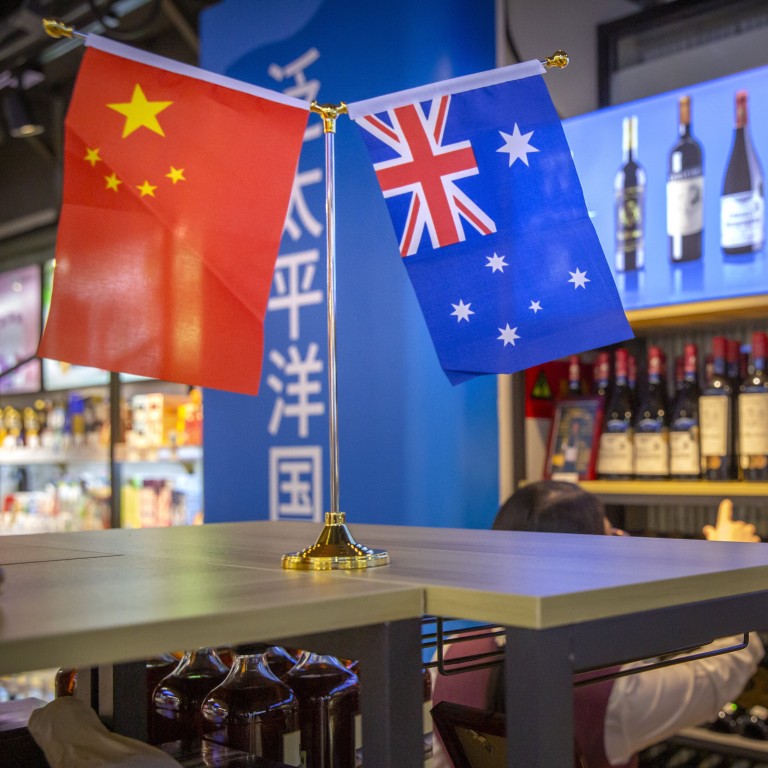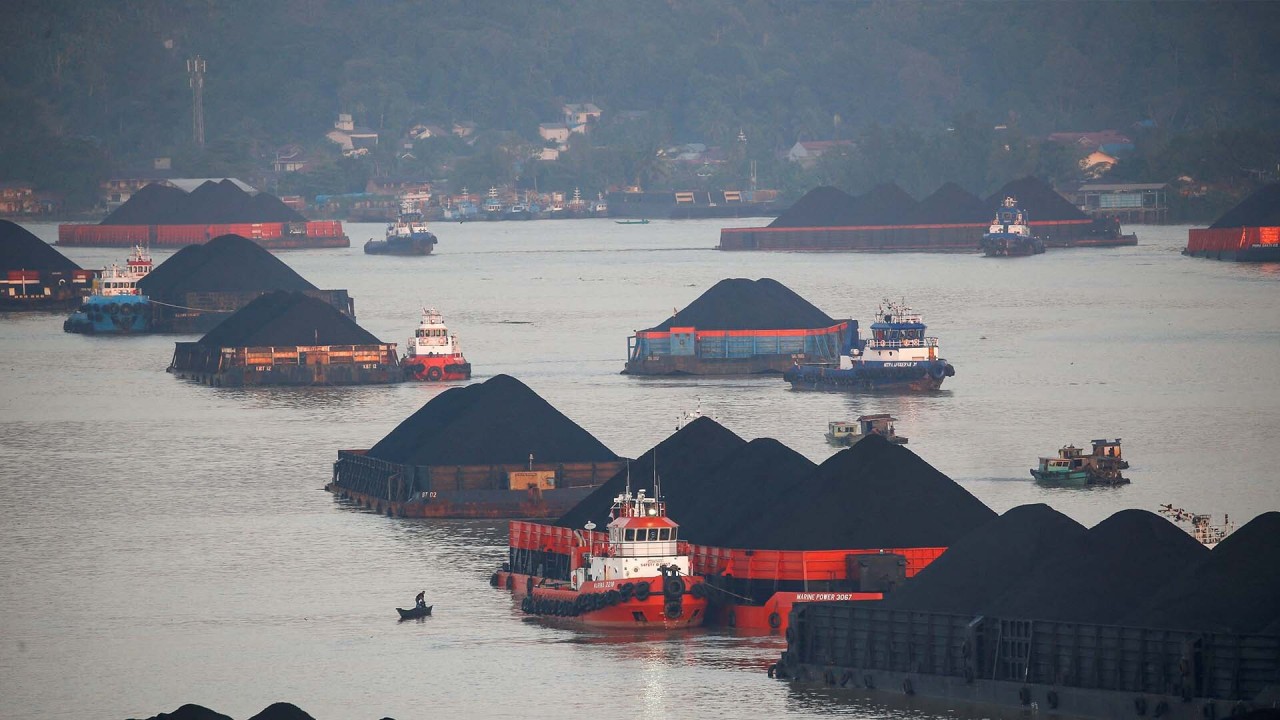
China coking coal imports down 25 per cent due to Australia, Mongolia ‘gap’ caused by unofficial ban, border closure
- China imported 54.7 million tonnes of coking coal – an essential ingredient in the production of steel – last year, down by 24.6 per cent from 2020
- China only started to allow Australian coking and thermal coal that had been stranded at its ports due to an unofficial ban to be imported in the final three months of 2021
China’s imports of coking coal plummeted in 2021, as the country strived to diversify its sources amid an unofficial ban on Australian coal and coronavirus pandemic-hit Mongolian imports, analysts said.
China imported 54.7 million tonnes of coking coal – an essential ingredient in the production of steel – last year, down by 24.6 per cent from 2020, according to official data.
“Even though demand for non-Australian seaborne coal imports was strong, it still could not make up for the gap left by Australian and Mongolian coal [imports],” said Jia Na, a coal analyst with the Shanxi-based Today Think Tank, on Monday.
Can Lunar New Year holiday save China from impact of Indonesia coal ban?
Most of the Australian coal that was being held at Chinese ports has now been cleared, Jia added.
There is, though, no sign of a wholesale lifting of the unofficial coal ban that will allow new shipments from Australia, analysts said.
China imposed unofficial bans on the imports of a variety of Australian products – including coal, lobsters and log timers – in late 2020, after Canberra supported calls for an international investigation into China’s handling of the coronavirus outbreak.
If anything, similar to the current market situation, the trade dispute impact will be more greatly felt by Australian metallurgical coal producers and Chinese steel mills, rather than thermal coal producers and Chinese power utilities
China and Australia will continue to seek alternative trade partners in 2022, according to S&P Global Platts last month.
“If anything, similar to the current market situation, the trade dispute impact will be more greatly felt by Australian metallurgical coal producers and Chinese steel mills, rather than thermal coal producers and Chinese power utilities,” the note said.
With rising demand from other Asian markets and the European Union for Australian coking coal, the supply chains disrupted by China’s informal import restrictions have largely been reorganised, according to “The Resources and Energy Quarterly” report produced by the Australian government in December.
‘Sustained rebound’ doubtful despite energy fuelling China’s import boom
Mongolia was China’s biggest source for coking coal last year, but the supply was heavily impacted by virus-induced border closures and restriction at major land ports, analysts said.
In 2021, China imported 14.04 million tonnes of coking coal from Mongolia, down by 40.93 per cent compared with a year earlier.
Steel mills have as a result turned to other sources for coking coal, with imports from Russia up by nearly 60 per cent to 10.67 million tonnes in 2021.
It is expected that China’s appetite for imported coking coal may partially recover this year, but is still not expected to reach the pre-pandemic level, according December’s “The Resources and Energy Quarterly”, which forecasts for the value, volume and price of Australia’s major resources and energy commodity exports.
“Steel output in China may also slow in line with industrial production and [gross domestic product] growth, which are both softening,” the report said.


